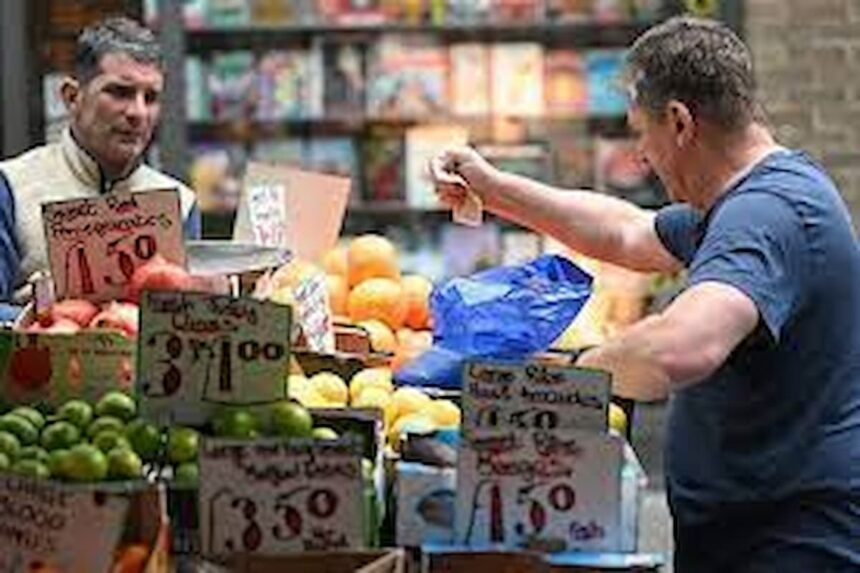The unemployment rate rose in the UK to 4.2% in the second quarter, compared to the previous three months. While wage increases are accelerating. This threatens to toughen the policy of the Bank of England again.
The jobless rate hit its highest level in nearly two years because people need “longer to find work” than in previous months. So says Darren Morgan, director of statistics at the UK Office for National Statistics.
He also pointed out that the number of people unable to seek work due to chronic illnesses has reached “unprecedented levels”.
Thus, the United Kingdom is facing inflation of around 8%, the highest inflation rate in the G7, and which is weighing heavily on households and the business world.
However, the British Ministry of Finance announced in a statement that the unemployment rate in the country is still lower than it is in “Canada, France, Italy, Spain and the Eurozone”. It remains “low compared to historical rates,” she adds.
On the other hand, there is good news regarding purchasing power. Because average salaries, excluding bonuses, increased by 7.8% year-on-year during the April-June period. This is the fastest increase since these data began to be recorded in 2001.
Wages were beginning to stabilize as inflation devoured them
For Gregory Roth of Capital Economics: “The Bank of England will see the increase in the unemployment rate as a sign that the labor market is down. This is in line with our expectation of an additional 25 basis point interest rate tightening; before ending the tightening of monetary policy to fight inflation.”
Analysts said expectations of another interest rate hike drove the London Stock Exchange lower on Tuesday. Investors thinking this would negatively affect the economy, especially the construction sector. British families in particular have seen the cost of their mortgages rise; when they were already facing an increase in the cost of living.
On the other hand, grocery price inflation in Britain has slowed over the past month, to its second fastest pace since records began. But shoppers are still facing higher prices on “every supermarket shelf”, the figures show.
British media yesterday quoted analysts from the Kantar Institute for the Measurement of Sentiment Indicators as saying that grocery store price inflation had reached 12.7% in the four weeks ending August 6 ; against 14.9% which was recorded in the previous month. It should be noted that the drop is the fifth consecutive in the rate of price increases. Since the highest number of 17.5% was recorded in March.
The latest drop comes at a time when supermarkets have slashed prices for some of their basic food items, such as milk, since the start of this year.
“The recent slowdown in price increases is the second largest monthly decline since we started monitoring food inflation in this way in 2008.” Finally, says Fraser McKevitt, head of retail and consumer insights at Kantar.
This article is originally published on leconomistemaghrebin.com

